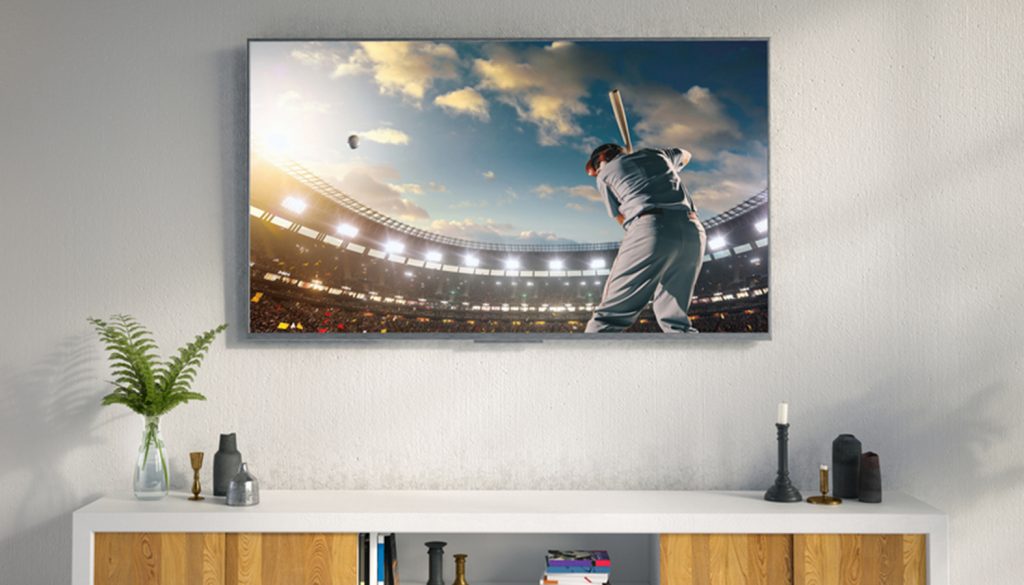I’m weary over this pandemic, as I know everyone else is, so I will make every effort to not dwell on it through the course of this brief commentary. But alas, like the elephant in every dysfunctional living room, there it sits right between us and the lives we all want to return to.
The loss of that “normal” life was brought home to me recently. On Sunday, my son came to me with exciting news. There was a live sporting event on ESPN. It didn’t take me long to decipher the evil Irish humor in my son’s eyes when, after he was sufficiently satisfied that he had gotten my hopes as high as they were going to be, he let me know the live sporting event was a cornhole tournament.
Yes, it was live; whether or not middle-aged overweight men tossing bean bags into a hole in a piece of branded plywood constitutes a “sport,” I will leave to experts.
There were no crowds — are there ever for cornhole tournaments? And the “athletes” wore masks, and at least from the look in their eyes (that was all I could see), they seemed intent and somber. Needless to say, this exposition of how well men can bend their elbows did nothing for me.
I crave real sports. You know, the kind where non-middle-aged, non-overweight men hit baseballs, dunk basketballs, and slap at hockey pucks with sticks. All of that should be going full tilt right now, and all we have in its stead are reruns of guys hitting baseballs, dunking basketballs, and shooting pucks at goalies. I must admit, I’ve watched some of these archived games, but like a televised Mass, you just can’t beat the real thing.
Sports are not an essential service in our not-so-brave new world. But I would argue they do serve an essential purpose. They help set our clocks; they help us blow off steam. It is precisely because they are not essential that they are so useful.
Watching sports is a little like a roller-coaster ride or a scary movie. It is a safe way to get a thrill while knowing the roller-coaster car won’t be flying off its rails and vampires and werewolves don’t really exist. We can root for a team and have them thrill us or break our heart, but in the grand scheme of things, we know our hearts really aren’t broken and the industrial sports complex churns on whether we cheer or not.
But the softer side of sports, especially televised sports, can set a pace for family life. It certainly did in my youth. I did my growing up at a time when Sunday really meant Sunday; not only were all the stores closed, but kids were housebound. There was no going over to a friend’s home to play on Sunday.
We went to church, had a nice breakfast, and sometimes we would beg for money from our dad and send one of the older siblings to pick up donuts at the local donut shop: a dozen glazed, a dozen chocolate, a dozen mixed.
Sunday was also, for the majority of his hardworking life, our dad’s only day off. And if there was a sporting event on a Sunday, it would be on TV at our house. It may sound strange to those weaned on the 24-hours-a-day televised sports universe, but way back when the Dodgers were owned by a family, not a conglomerate, you just didn’t have a lot of opportunities to see them on TV. The only televised Dodgers games anybody saw back then were Sunday road games and the occasional San Francisco Giants series.
The house would be quiet, something that was not usually the case. And it didn’t hurt growing up with the greatest baseball announcer in the history of the world to add to a sense of calm and Sunday quiet. I’ll miss those days, even when we return to our less quiet, televising of every game, every hour of the night, modern schedule.
Mass, then a baseball, or football, game, depending on the season, a big family dinner, and then start worrying about the homework due on Monday that you’d been avoiding all weekend.

